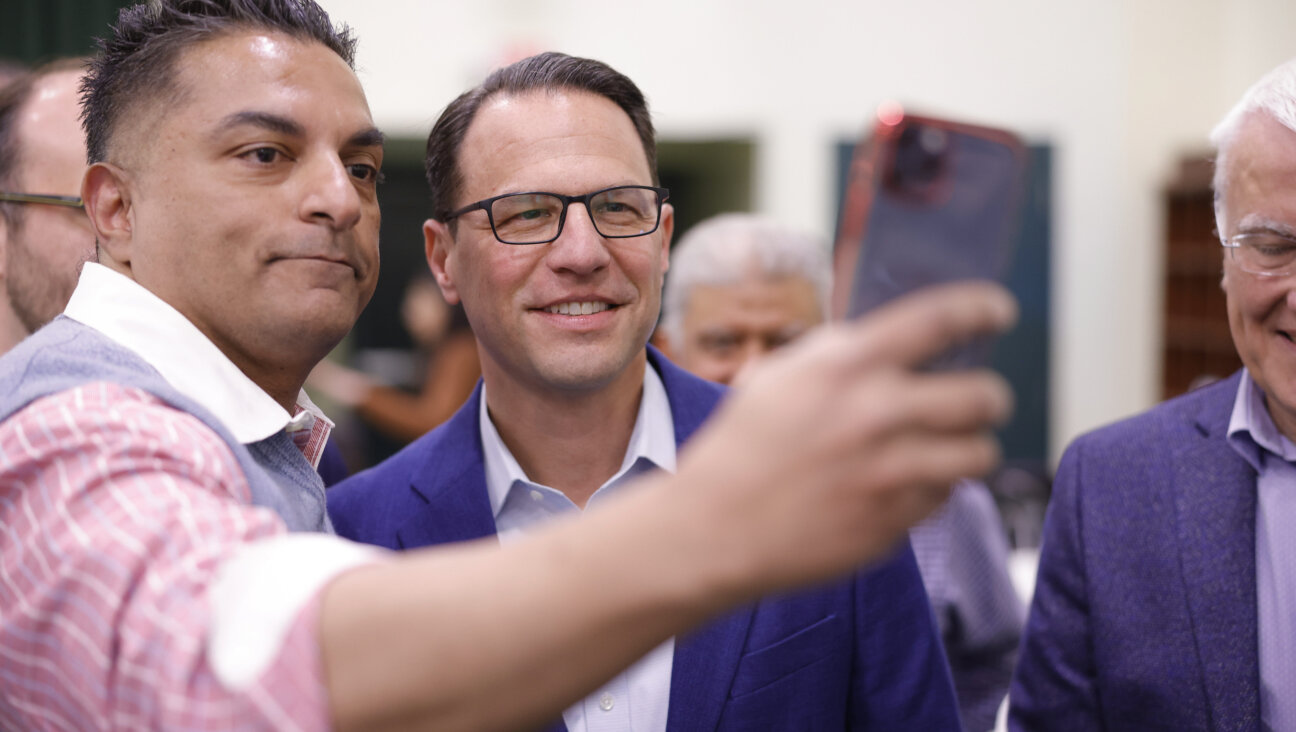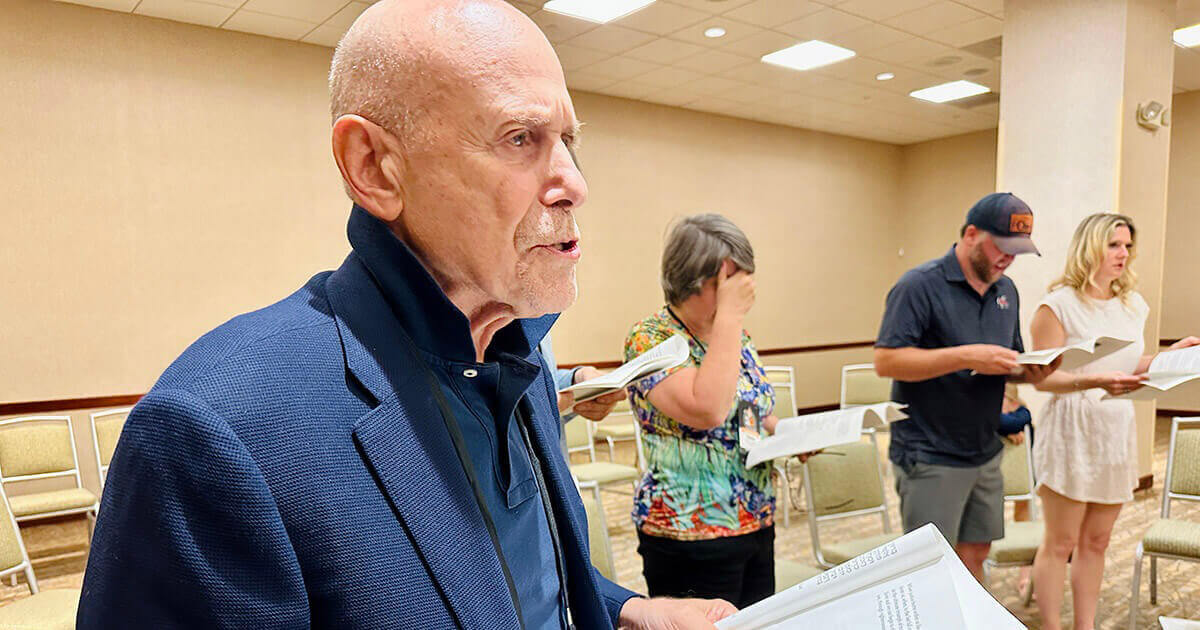Protestant-Jewish Summit To Address Mideast Policy
With relations between Jewish organizations and mainline Protestant churches arguably at their lowest point in nearly four decades, representatives of both communities are hoping to defuse the increasingly bitter feelings at a two-day interfaith summit in Washington, D.C., next week.
The meeting, which for the first time will include both interfaith experts and Middle East policymakers, comes as leaders of the Presbyterian Church (USA) are pledging to push ahead with their plan to divest selectively from Israel and Episcopalian officials are saying they will consider similar steps.
“This is the most ominous time for Jewish relations with mainline Protestants since 1967,” veteran interfaith expert Rabbi James Rudin said, referring to the vocal Christian opposition to Israel during the Six-Day War.
David Elcott, the interreligious affairs director of the American Jewish Committee, warned that the divestment battle threatens to harm the decades-long cooperation between Jewish and liberal Protestant groups in fighting for social justice and human rights.
At least two Jewish organizations, B’nai B’rith and the Zionist Organization of America, have called on Jewish organizations to end all dialogue efforts with the Presbyterian Church. But, Elcott argued, in light of the increasingly strained relations, it is more important than ever to have a frank and open dialogue.
At the upcoming meeting in Washington, which was scheduled in May, Jewish and Protestant representatives are expected to tackle theological differences that some observers describe as the root cause of the current heated political disputes between Christians and Jews, including conflicting views on the significance of land and Christian Zionism.
“The mainstream churches assert that God is with the downtrodden and the landless, and they need to be a voice to Palestinian suffering,” Elcott said. “In Jewish theology we have a covenant with the land, and for us the homecoming represents a piece of fulfillment of our theology. This division is huge because it means the natural inclination of mainline Christians is to see the suffering of the Palestinians only.”
Participants at the upcoming meeting will include representatives of the National Council of Churches; the Evangelical Lutheran Church in America; the United Methodist Church; United Church of Christ; Presbyterian Church (USA), and the Episcopalian Church. On the Jewish side, in addition to Elcott, representatives of the Anti-Defamation League, the Jewish Council for Public Affairs, and the Religious Action Center, an arm of the Reform movement, are expected to participate.
The participants first met in May in a meeting that many described as successful. A second session was scheduled for October 20. Several weeks later, the Presbyterian Church voted overwhelmingly to adopt a selective divestment policy, without warning their Jewish dialogue partners.
One important issue likely to be addressed at next week’s meeting is the notion that interfaith dialogue involves both a “theological” and “political” conversation, said one of the co-planners of the summit, Shanta Premawardhana, interfaith director of the National Council of Churches.
“That realization is only recently seeping into our consciousness,” Premawardhana said.
Mainline Protestants want to help the Jewish community understand that even though they criticize Israel, they actually have a greater affinity for Jews than do pro-Israel Christian fundamentalists, Premawardhana said. He argued that the staunch political support for the State of Israel by Christian conservatives stems from their religious belief that Armageddon and the Second Coming of Jesus can occur only after Jews return to the Holy Land. In this fundamentalist interpretation, Jews either convert to Christianity or are killed at the End of Days.
Premawardhana derided such a theological approach. Unlike fundamentalist Christians, he said mainline Protestants “wish for Jews to have their rightful place and peace, and not to be killed in the end.”
Some Christian conservative leaders deny that they are motivated by such beliefs. Instead, they argue, the key point is that, according to the Bible, Israel belongs to the Jewish people.
Whatever the theological motivation of conservative Christians, these days Jewish groups are clearly more alarmed by liberal efforts to launch a divestment campaign targeting Israel.
Elcott, who called divestment a failed strategy, said: “Either we are going to gather together to promote peace and turn the tide of religious communities battling and killing each other, or there is no reason for us to get together.”
Last week, during a meeting with Jewish communal officials, Presbyterian leaders refused to reconsider a plan to divest selectively from Israel.
Premawardhana said that divestment is not officially on the agenda of next week’s meeting, but “we will obviously have to talk about it. How can you not?”
“I don’t expect resolution to come,” Premawardhana said. “I expect greater understanding to come.”
A message from our editor-in-chief Jodi Rudoren

We're building on 127 years of independent journalism to help you develop deeper connections to what it means to be Jewish today.
With so much at stake for the Jewish people right now — war, rising antisemitism, a high-stakes U.S. presidential election — American Jews depend on the Forward's perspective, integrity and courage.
— Jodi Rudoren, Editor-in-Chief






















